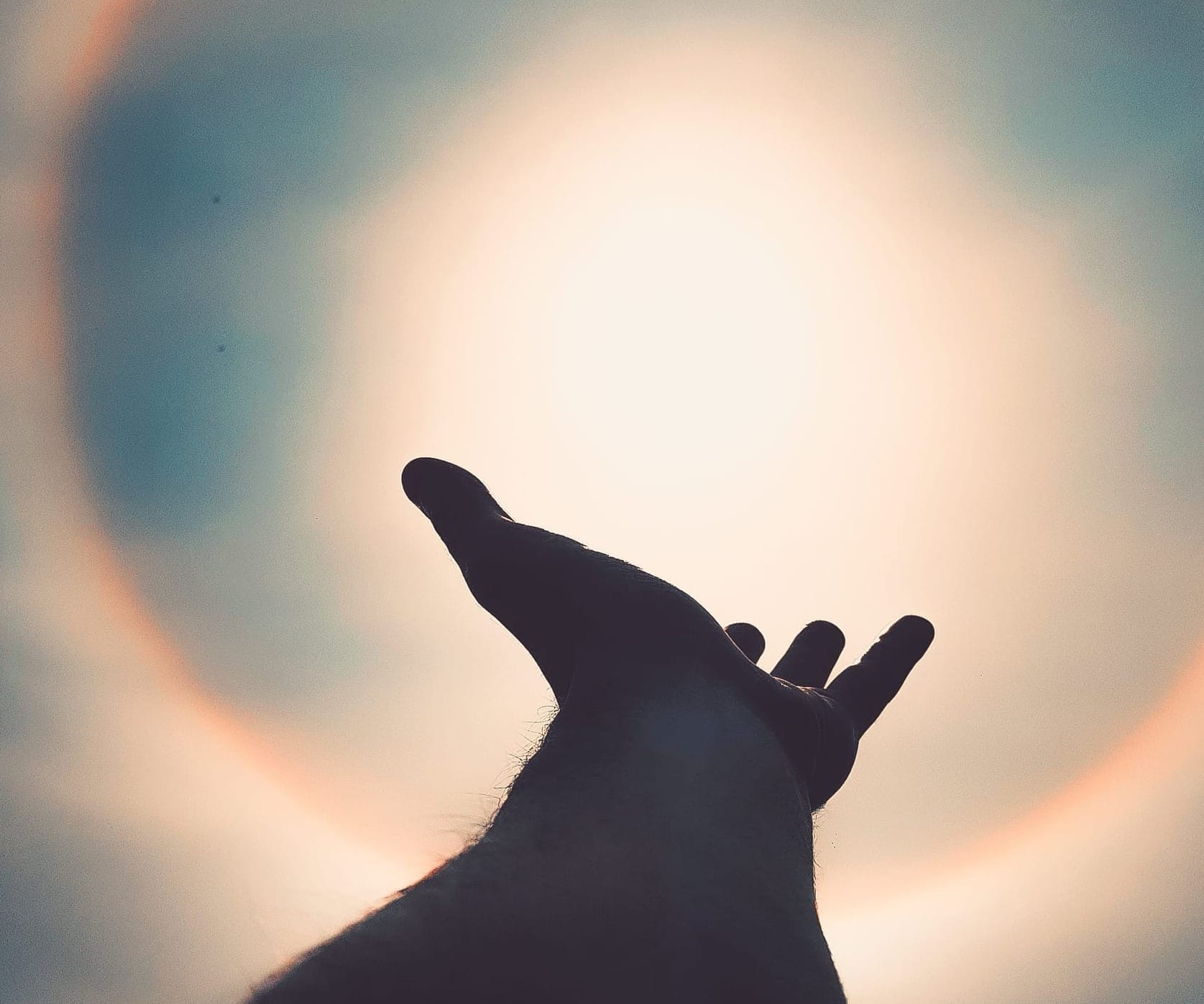Spirituality. A big word I've been wrestling with ever since I got sober almost forty years ago. When I first heard it I associated it with God, writ large. Given that I saw myself as an atheist it scared me. People in the halls of Alcoholics Anonymous and Narcotics Anonymous regularly touted the importance of a relationship with God or a Higher Power as integral to sobriety. Given that I had seen my father drink himself to death and then followed him right into my own self-destructive addictions to liquor and freebase cocaine, I wanted to be clean and sober. Desperately.
Physical Emotional Cognitive Spiritual
I'd heard that humans are "physical, emotional, thinking and spiritual beings." Okay, no disagreement with those four words. They seem obvious and unimpeachable as we can easily relate them to the daily existence of our physical, emotional and thinking lives. I associated spirituality with religion as many people do. It's also true that inside the halls of AA and NA some people preach their personal beliefs in God, stating, "My Higher Power, whom I choose to call God!" In some cases it's a statement of belief. In others, it's used as a cudgel: "Worship as I do or you will fail."
Acceptance
Some believe that a lack of acceptance in God by followers in the program means certain relapse. There is a Christian history in AA's origins so the mistake is perhaps an honest one. But if one looks closely, NA and AA have always made room for Atheists and Agnostics, with the "only requirement for membership" being a desire to stay clean and sober. I've experienced zealots outside the programs telling me that "secular humanism" is our greatest evil and a moral failure. I've been told that my morality was less than because it had no organizing, religious principle.
I reject this type of absolute thinking and tightly subscribe to the ethos of "live and let live." Strict religion may well work for you and it is most certainly possible to be deeply religious and deeply spiritual. As a clinician, and a recovering person, I would never inveigh against someone's working belief system. Who am I to know better? I've come to realize that what works for one, may not work for another.
The place where I do intercede is when a client is operating from a place of being spiritually bereft. I can relate as this was the exact place I was years ago. My addictions and trauma left me broken, my life in ashes. I had no answers.
What does it mean to be spiritual? Definitions range from pertaining to religion, or the importance of understanding existence as beyond or greater than ourselves. Some definitions refer to the part of the self that is not physical, or the thoughts, feelings and beliefs that each human possesses.
Finding Spirit Without Substance
For me there were distilled spirits (alcohol) or other substances (e.g. cocaine) that I depended on to ameliorate my emotional suffering.
In the beginning my substance use was fun, even joyous. It provided community and enabled me to connect with others where when not using I was bound up emotionally, shy and reticent. Over time however, my dependence deepened and damaged my relationships, my physical and emotional health. It brought me to despair and isolated me. I was bereft and devoid of hope. Spiritually undeveloped you could say.
I was challenged to find meaning in life. How was I to turn despair into happiness, hopelessness to hope? How could I learn to connect with others and maintain relationships through conflict and competing desires? I was easily defeated and needed to learn to be mentally tough and resilient.
In part two I discuss some practical approaches to the spiritual question.





Comments